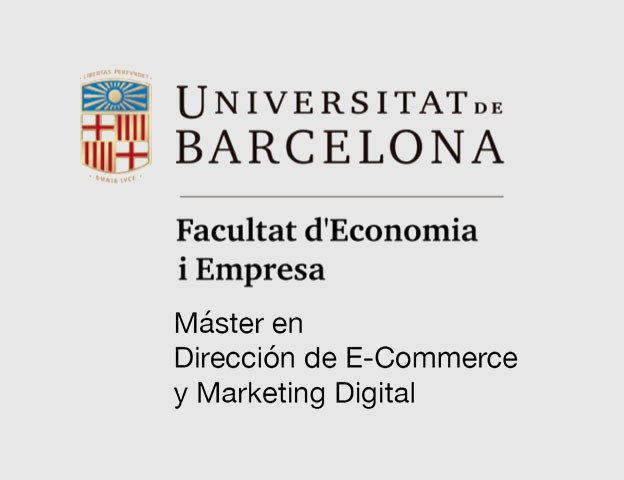
THE COVID-19 ERA: [ADAPTING TO THE UNKNOWN IN A ‘NEW NORMAL’ RETAIL LANDSCAPE
8th International Conference on Research on National Brand &Private Label Marketing (NB&PL2021)
In just few months, the extraordinary events caused by the COVID-19 pandemic have modified profoundly our daily lives, the way we shop and, of course, the way of doing business, including FMCG and retail. The impact on the economy of COVID-19 deeper recession is unprecedented. The COVID-19 crisis is three times deeper than the 2009 economic downturn. In this context, change and uncertainty have never been as great as in the last few months. Whatever retailers thought they knew about customer behaviour is arguably brought into question.
Although every recession is different, there are common patterns learned from past recessions that might help retailers to doing the right thing for their customers in the ‘next normal’. Firstly, there is a consumption migrating from branded [national] items to private label. Increasing unemployment figures are driving consumers make decisions more cautiously and carefully. Shoppers are more inclined to acquiring price information, making them more price-conscious. In this context, private labels seem to take a better advantage of consumers’ desire to cut their grocery bills and are a cost-effective option for savvy shoppers in tough times. Nevertheless, private label risk is high when differentiation is low retailers, so they are advised to drive trust and brand recognition in their unique private label programmes.
Because of consumers’ budget constraints, COVID-19 may have caused shoppers favouring value channels such as discounters. Expansion programmes of this format may be a sign of their channel’s future dominance with a move towards further diversification in the form of fresh and ambient groceries. Economic outlook will also hit assortment sizes. Retailers and manufacturers have been negotiating on SKU listings for many years. Now retailers feel they have the proof that less is more. However, shoppers still want to have choice with national brands, so retailers are advised to focus on the right mix of brands and private label that drive the category revenue, at the store level for each type of shopper profile.
COVID-19 pandemic’ characteristics also bring unique challenges. A new retail scenario in which local retailers and the online channel are set to play a more significant role, is emerging. The word has gone local. During periods of lockdown, proximity become critical and is expected to maintain it. Regional and local supermarkets and convenience stores have enjoyed exceptional growth in 2020. Almost seventy percent of shoppers globally now prefer shopping in stores close to home, and more than half of consumers are more in favour of buying goods and services that have been produced in their own country. And we expect this to continue and boost.
COVID-19 has also added new outlooks to the challenge of integrating the online-offline shopping environment. Although some retailers were already moving fast, many – specially groceries – were not beating clearly on e-commerce. But now they are doing. During the first 2 months of the pandemic, ecommerce grew by the same amount as in the 5 previous years. Ecommerce acceleration across markets is coming from a new customer profile: older and rural shoppers. The more stringent lockdown measures for the former and the need for being further for the latter are leading ecommerce to get the natural channel to turn to. Nevertheless, retailers should not forget about the physical store, as it still offers great opportunities. Consumers have made significant changes to their shopping behaviour, moving from shopping across multiple (physical) retailers to picking up all their items in a single trip to a store. Seeking for optimising their safety and keeping social distance, shoppers visit the store as little as possible. In this context, retailers are advised to re-design their physical space where items must be touched, compared, and handled in such a way that the likelihood of infecting is as low as possible. Given the decrease in the number of times the shopper visits the store, retailers should increase consumers’ experience at the point-of-sale and make an emotional connection with their customers.
In brief, the COVID-19 pandemic recession is likely to have unique and especially more persistent characteristics which retailers must learn from and anticipate seizing new opportunities. Papers related to this issue are welcome this edition. Also, in keeping with its established objectives, this conference always welcomes papers on topics related to any retailing, private label, or national brand issues.









